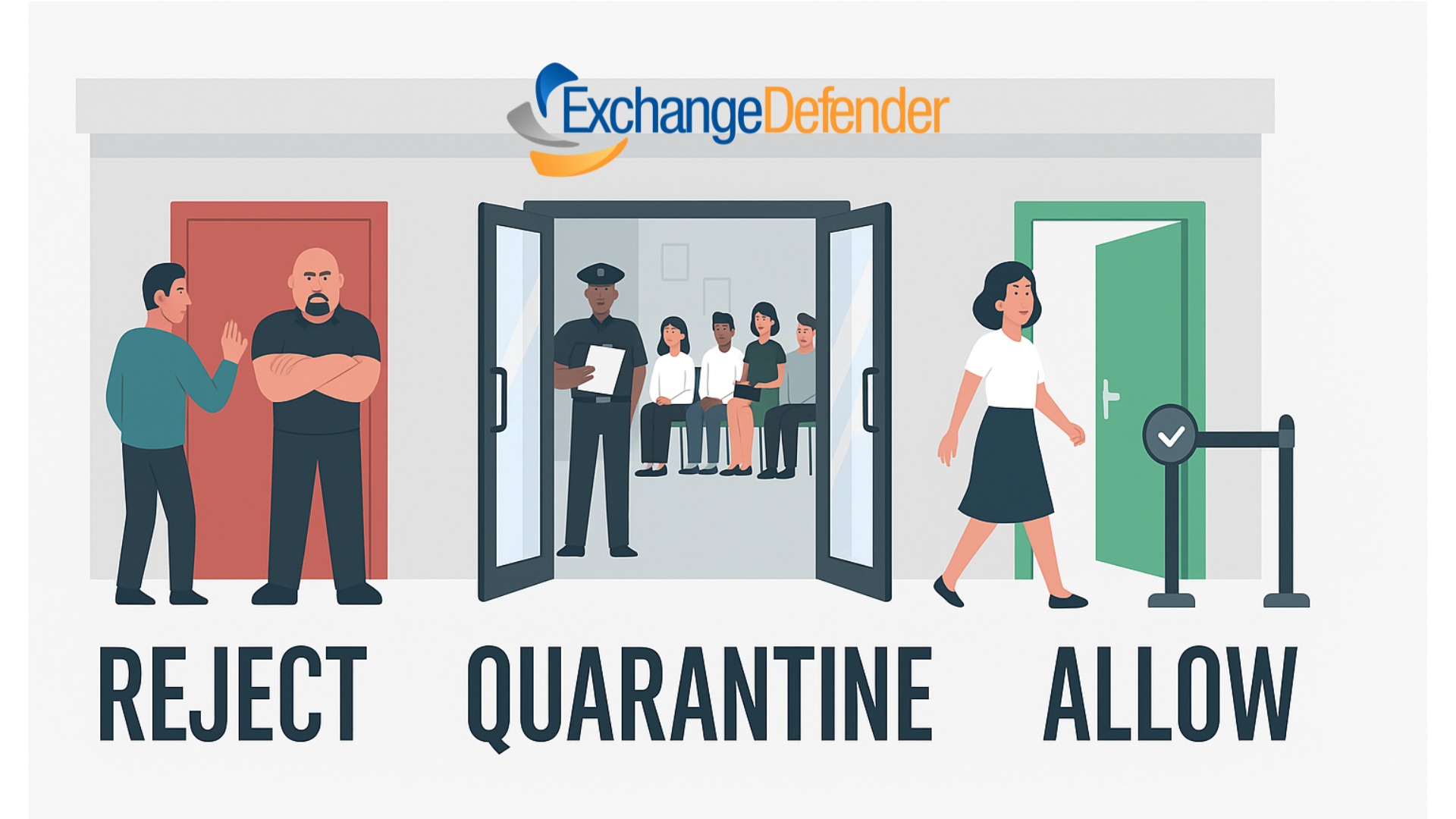How to Spot Paypal Phishing Scams

PayPal phishing scams are a type of online fraud where scammers try to trick you into revealing your personal information, such as your login credentials or financial details. Here’s what you need to know:
Common Tactics:
- Phishing emails: These emails appear to be from PayPal, often claiming urgent issues like account suspension, suspicious activity, or unclaimed funds. They pressure you to click on links that lead to fake websites designed to steal your information.
- Fake websites: These websites closely resemble the real PayPal website, but have subtle differences in the URL or design. Once you enter your login details, the scammers steal them.
- Overpayment scams: Scammers might send you an invoice or money request for more than the agreed price, claiming it’s an accident or for additional fees. They then ask you to return the “overpayment,” which is actually your own money.
- Suspicious texts: Similar to emails, scammers might send text messages urging you to click on links or call fake customer service numbers.
Red Flags:
- Generic greetings: Phishing messages often use generic greetings like “Dear user” instead of your actual name.
- Urgency and threats: They create a sense of urgency by claiming your account is at risk or will be suspended if you don’t act immediately.
- Suspicious links and attachments: Never click on links or open attachments in emails or texts from unknown senders, even if they appear legitimate.
- Poor grammar and spelling: Phishing attempts often contain typos and grammatical errors.
- Requests for personal information: PayPal will never ask for your login details or financial information via email, text, or phone.
How to Protect Yourself:
- Never click on links or open attachments: Always verify the sender and log in to your PayPal account directly to check for any issues.
- Check the URL carefully: Make sure the website address is the official PayPal website (https://www.paypal.com) before entering any information.
- Ignore requests for personal information: If an email or message asks for your login details, credit card information, or other sensitive data, it’s a scam.
- Report suspicious activity: Forward phishing emails to phishing@paypal.com and report fake websites to PayPal directly.
By being aware of these tactics and red flags, you can significantly reduce your risk of falling victim to PayPal phishing scams.




